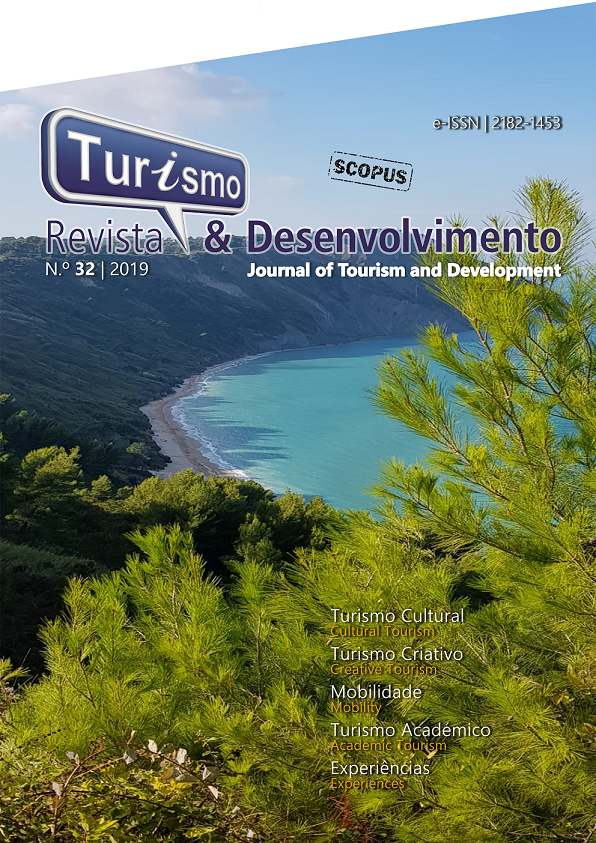Sustainable tourism financial feasibility: a case study in Timor-Leste
Resumo
Recent research points out the importance of diaspora in the tourism sector and the shift happening in the tourism business model in insular countries. Lately, the demand for the niche of ecocultural tourism has been increasing, while the appearance of new construction techniques has powered the appearance of tourism facilities dierent from traditional hotels.
An example of this phenomenon is Timor-Leste, where local authorities encourage tourism development to be on small sustainable facilities, the so-called boutique hotels. Nevertheless, the relevant literature does not address the nancial feasibility of this type of tourism facility.
Following the expectations of national Timorese authorities regarding the type of facilities to be installed in their territory, a case study on a boutique facility project is presented in this paper. Using a discounted cash ow valuation model this case study's Net Income would be positive at the end of the 5th year of activity, when the break-even occurs, even considering small scale and ensuring environment protection exigencies.





